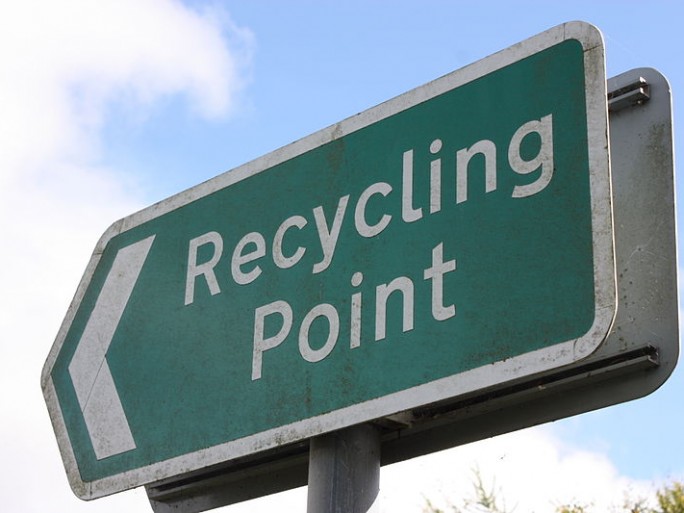There’s gold in them thar laptops!

Expert precious metal recyclers compete to get their hands on your old gadgets
“Urban mining” represents the new gold rush and you don’t need a pick and a shovel. Laptops are now said to contain £25 of gold each, with older desktop models containing even more.
As as result, waste businesses are vying for electronic goods to release a small fortune in precious metals, including gold, silver and other valuable materials used to make computers, tablets, smartphones and other gadgets.
York-based BusinessWaste.co.uk said: “Recycling companies are now seeing the contents of the WEEE bin as a quick win.”
BusinessWaste.co.uk spokesperson Mark Hall said: “We’ll take these goods away from their previous owners for free because, with the right tools and expertise, they represent a superb return on investment.”
 He said: “The high-end electronics industry relies on gold, silver and other precious and rare-earth metals to supply ever-faster and ever more reliable devices. And it’s far cheaper to recycle these metals than it is to mine them from ore.”
He said: “The high-end electronics industry relies on gold, silver and other precious and rare-earth metals to supply ever-faster and ever more reliable devices. And it’s far cheaper to recycle these metals than it is to mine them from ore.”
It is estimated that some 320 tons of gold and 7,500 tons of silver are used in the global production of personal computers every year.
According to Dell, the circuit boards inside a laptop can contain about £25 worth of gold, a mobile phone can contain £3-4 worth of gold, and a tablet computer around £10.
Older computers will contain more precious metals, meaning some company storerooms could represent a treasure trove.
Effective urban mining means increased margins for the waste and recycling industry, and that results in more competition between companies to uncover waste from large companies who are replacing their technology.
“At any given moment, a large blue chip company or public service organisation in the UK is undergoing a technology refresh programme,” Hall said. “They usually retain their old equipment for data integrity reasons, but will soon wish to dispose of it safely and with all due respect to confidentiality.”
 He said that’s when a responsible waste management company becomes involved. They’ll come under contract to make sure that sensitive equipment is thoroughly destroyed, while trying to maximise their return from recovering metals and plastics from the gear they’re “mining”.
He said that’s when a responsible waste management company becomes involved. They’ll come under contract to make sure that sensitive equipment is thoroughly destroyed, while trying to maximise their return from recovering metals and plastics from the gear they’re “mining”.
“It’s a smart balancing act,” added Hall. “Verifiable destruction combined with the smart recovery of precious metals can now be achieved by companies with the right expertise and right equipment, and it’s these urban miners who are going to profit from British industry’s continuing need for up-to-date equipment and readily-available raw materials.”
The various needs on all sides, he said, will lead to more deals being made with businesses, local authorities and other public bodies to get the job done efficiently and to keep as much as possible from landfill.
@AntonySavvas